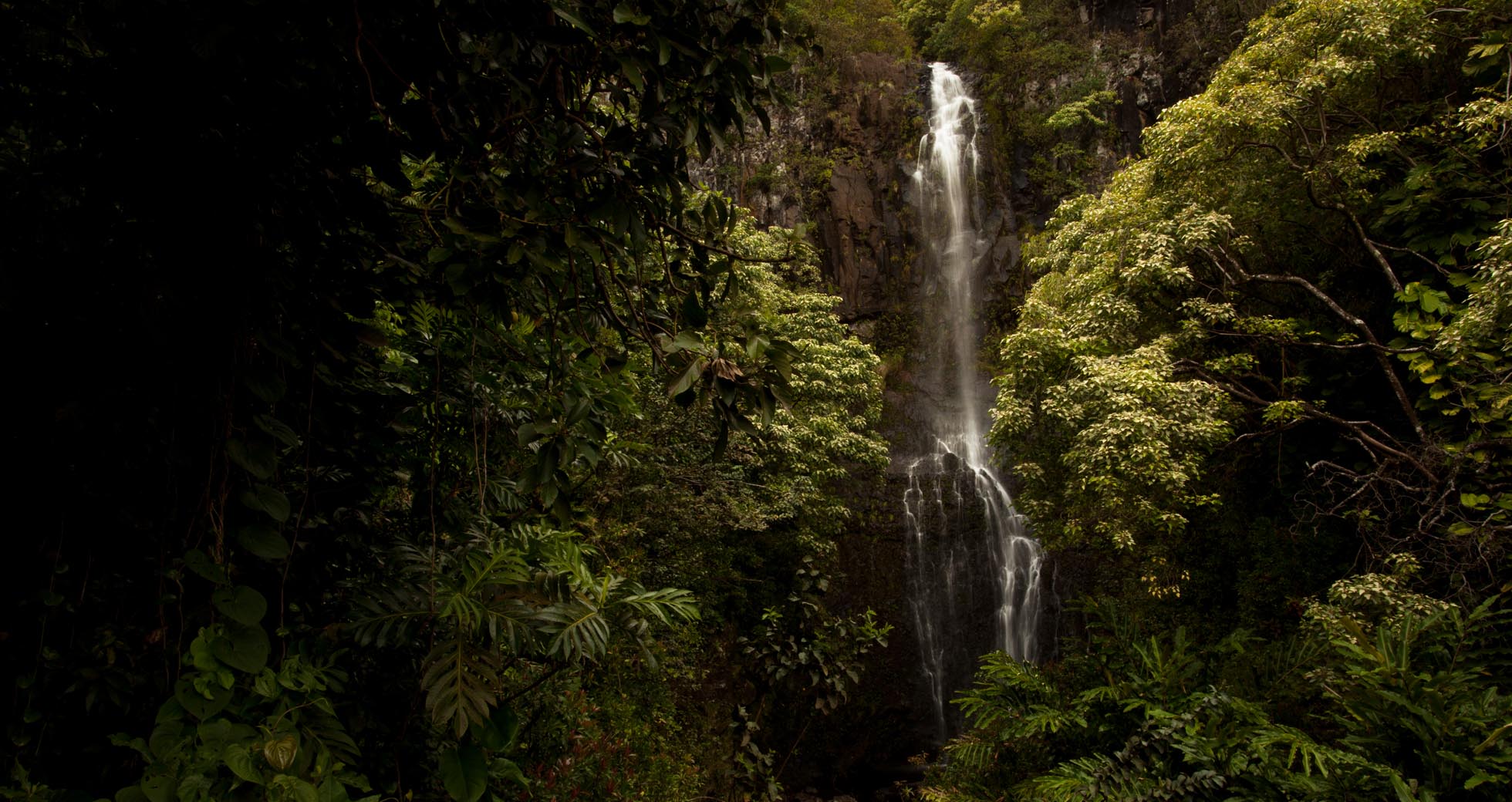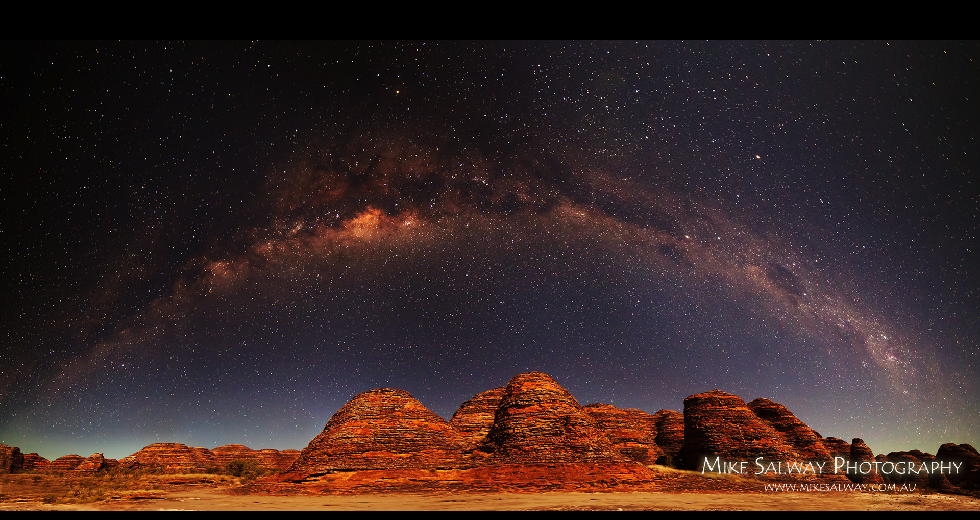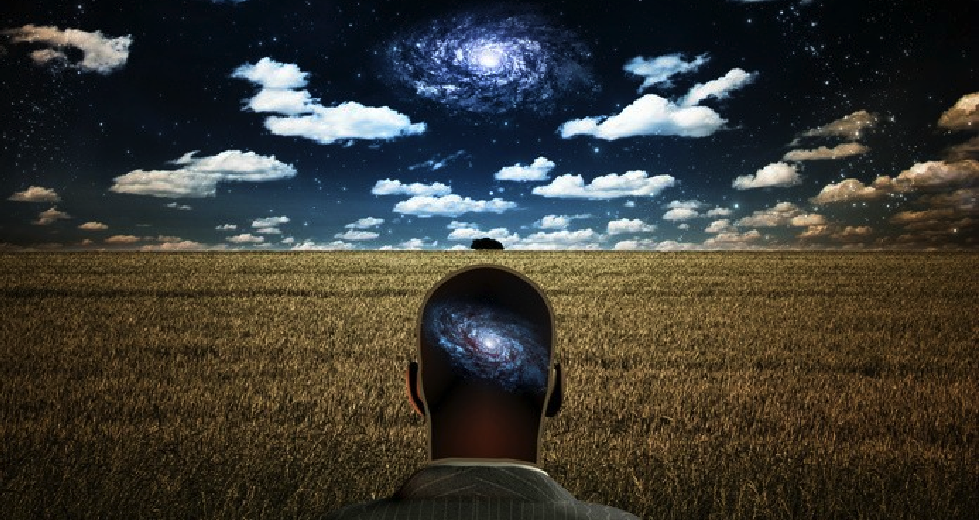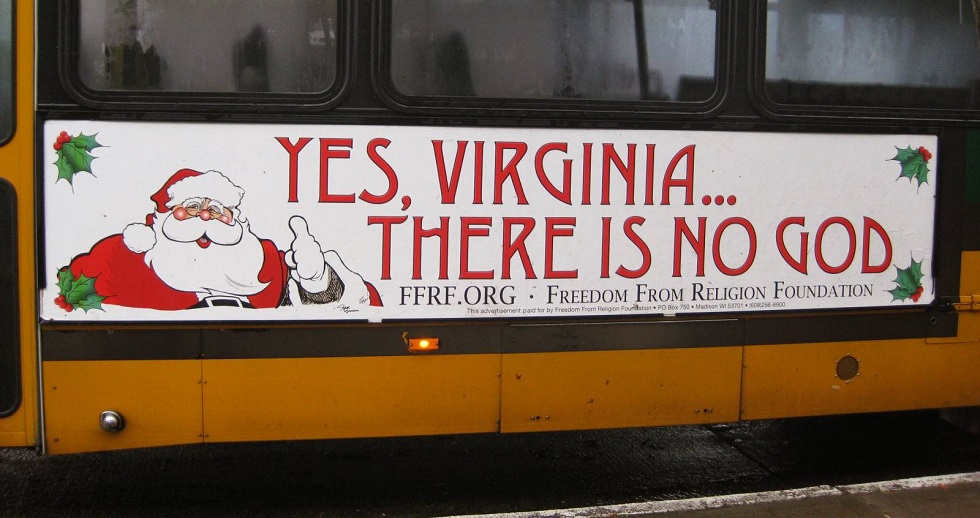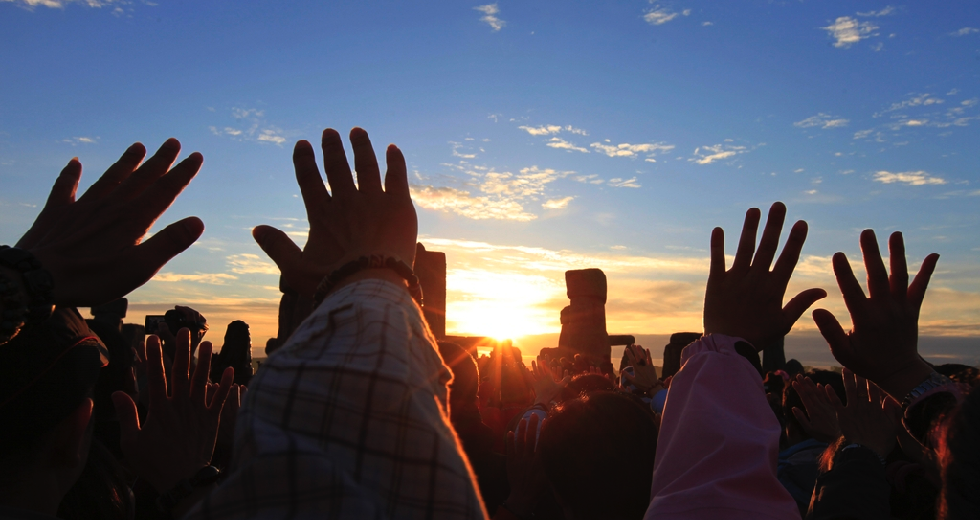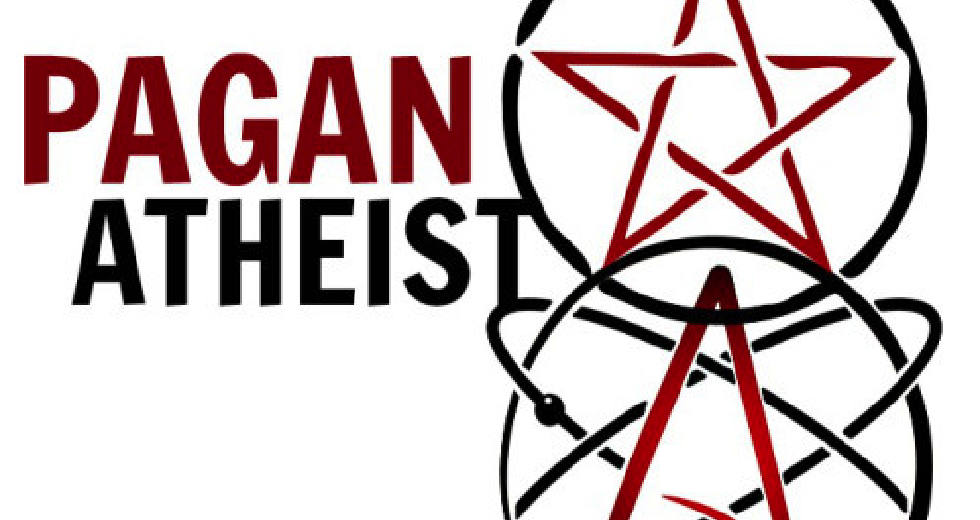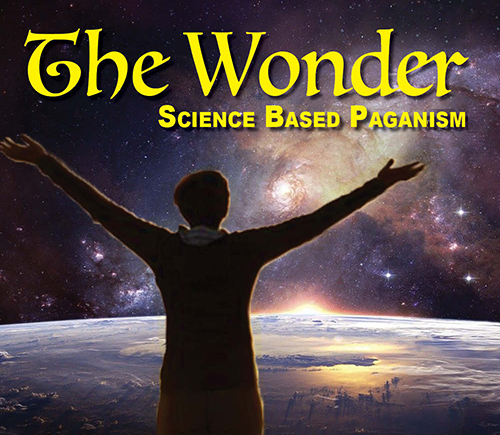As I stand here on this celebration of Beltane, the sacred wheel of the year continues to turn. As my forebears did, I do now, and so may my descendants do in time to come. The dark half of the year is over and Summer has begun.

Religious Naturalism
Naturalistic Paganism is a form of Religious or Spiritual Naturalism. A “naturalistic” religion or spirituality is one which seeks to explain the universe without resort to supernatural causes. For most Naturalistic Pagans, “naturalistic” is more or less synonymous with “scientific.”…

Religious Humanism
This site was previously named HumanisticPaganism.com and was changed in 2020 to NaturalisticPaganism.org. Naturalistic Paganism is a form of Religious or Spiritual Humanism. Religious Humanism includes any religion that takes a human-centered ethical perspective, as contrasted with a deity-centered ethical perspective. A…
Latest Posts
Success! We did it! A Celebration of the Discovery of the Big Bang is coming on April 20! Can you be there? [Starstuff, Contemplating]
The celebrations on April 20th at the site of the Horn in Holmdel NJ begins with a ribbon cutting at 10 am, which will include Robert Wilson, who was one of the original discoverers of the Big Bang in 1964 (!). Following that is the celebration of the discovery of the Big Bang by the Deeptime Network (preregistration is required for that as attendance is limited – register here before it fills up), with the rest of the day following. If it works for you, this could be a great Naturalistic Pagan Pilgrimage.
The Eclipse is upon us! Plus Mark’s new book, Ritual Skills, and more! Recent Episodes of THE WONDER podcast, by Mark Green
The concept behind THE WONDER—named, of course, for the awe and reverence we feel as we contemplate the magnificent Universe—is that it will be an ongoing resource for non-theist Pagans to inform and inspire our practices and stimulate our thinking.

Why do ritual?
There is no single practice for Naturalistic Pagans. The religious practices of some Naturalistic Pagans may be outwardly indistinguishable from other Pagans, including prayers and offerings to “gods” and working “magic”, while other Naturalistic Pagans may not use theistic symbolism in ritual. Naturalistic Pagans…
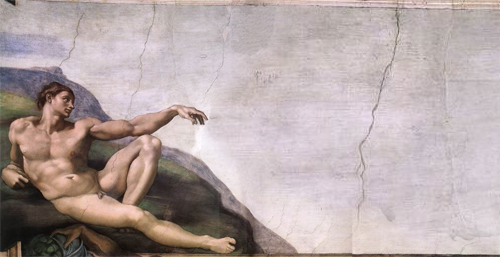
Religion without deity?
Naturalistic Pagans may be atheists, pantheists, or even animists. Not all Naturalistic Pagans use theistic language, but some do. The use of “god language” by non-theists can be confusing. Some feel that we should “say what we mean” and avoid…

Something bigger than ourselves?
Many Naturalistic Pagans use ritual and meditative practices to connect to something greater than themselves. Theists and atheists alike may wonder how this is possible, since Naturalistic Pagans do not believe in deities or spirits. But there are other things…
 Naturalistic Paganism
Naturalistic Paganism
